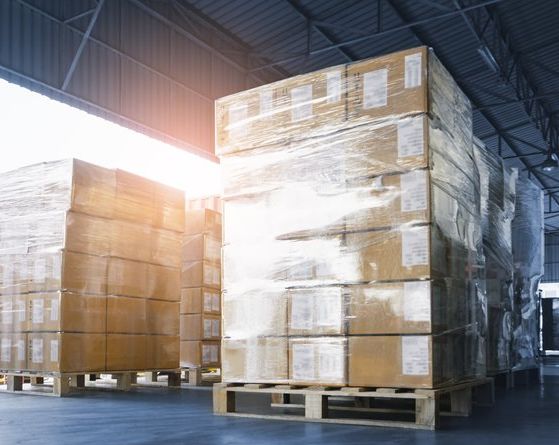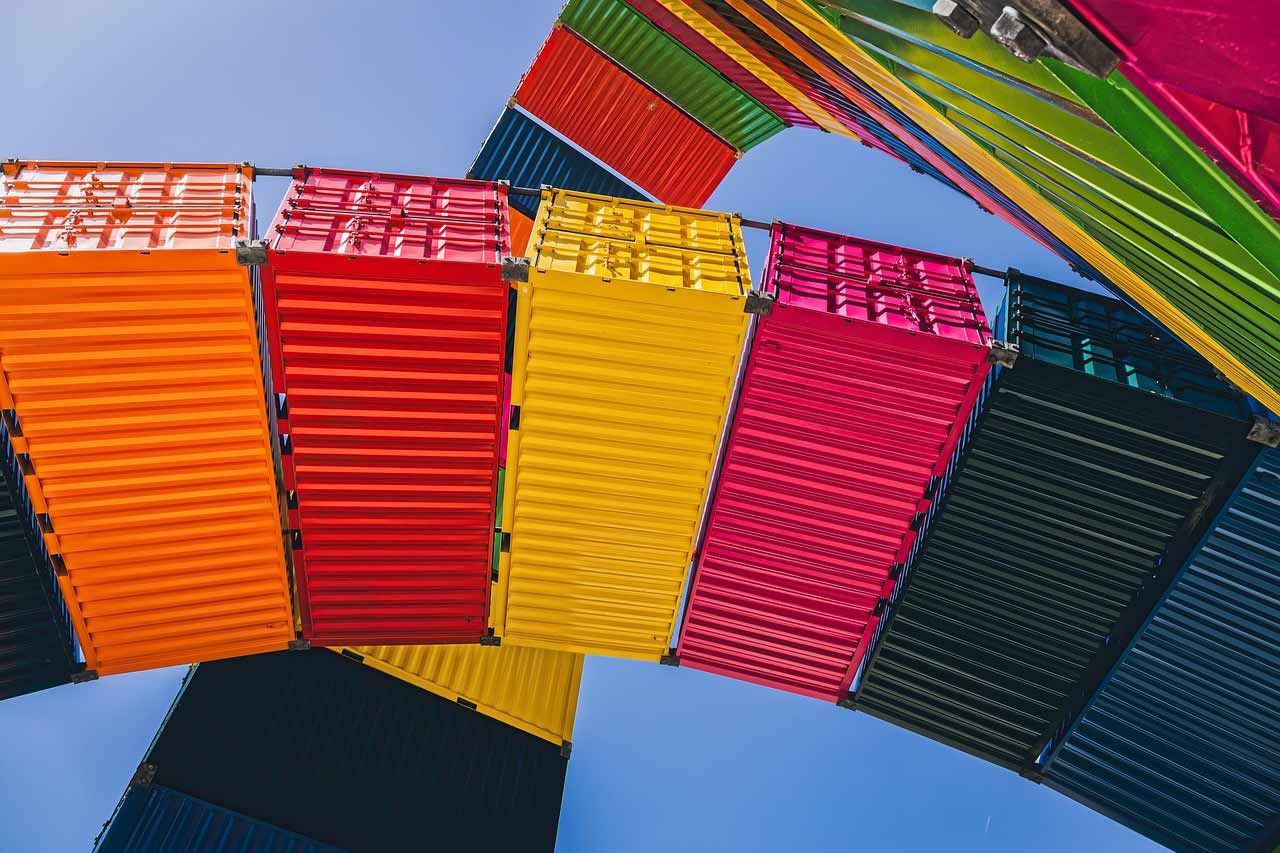Break Bulk Terminals
Break Bulk Terminals in Logistics
Break bulk terminals have emerged as vital hubs for managing cargo and facilitating seamless transportation. These terminals serve as crucial links in the supply chain, accommodating diverse goods that do not fit into standard shipping containers. This article explores what break bulk terminals are and highlights the numerous benefits they bring to the logistics industry.
Understanding Break Bulk Terminals: Break bulk terminals, also known as general cargo terminals, are specialized facilities designed to handle non-containerized cargo. Unlike container terminals, which handle standard shipping containers, break bulk terminals cater to a wide range of goods such as heavy machinery, oversized equipment, project cargo, vehicles, and bulk commodities. The term "break bulk" refers to the process of breaking down or separating cargo into smaller units for handling, storage, and distribution.
Benefits of Break Bulk Terminals in Logistics:
1. Flexibility and Adaptability: Break bulk terminals excel in handling irregularly shaped or sized cargo that cannot be accommodated by containerized shipping. By utilizing specialized equipment, such as cranes, forklifts, and ramps, these terminals provide the flexibility needed to load and unload diverse cargo efficiently. This versatility allows for the transportation of goods that would otherwise be impractical or cost-prohibitive.
2. Customized Solutions: One of the significant advantages of break bulk terminals is their ability to provide tailored solutions to unique logistical challenges. They offer specialized equipment and facilities, including warehouses, open storage areas, and distribution centers, to cater to specific cargo requirements. Terminal operators can adapt to the needs of different industries, providing customized services that ensure optimal handling, storage, and transportation of goods.
3. Reduced Costs and Improved Efficiency: Break bulk terminals optimize logistics operations by minimizing handling and transportation costs. Since cargo is not limited to standardized container sizes, it can be packed and secured efficiently, reducing the risk of damage during transit. Moreover, these terminals often employ advanced cargo tracking systems and employ skilled personnel trained in handling diverse cargo, resulting in improved operational efficiency and reduced turnaround times.
4. Access to Remote Locations: Break bulk terminals play a crucial role in reaching remote or underdeveloped areas lacking containerized shipping infrastructure. By providing a means to transport essential goods to these regions, break bulk terminals contribute to economic development and regional growth. They bridge the gap between producers and consumers, ensuring access to goods and fostering trade opportunities in remote markets.
5. Enhanced Safety and Compliance: Break bulk terminals adhere to stringent safety and compliance standards to handle various types of cargo. Terminal operators are equipped with the expertise and experience to manage hazardous materials and ensure compliance with local regulations and international standards. This commitment to safety minimizes the risk of accidents, ensures the protection of personnel, and safeguards the environment.
Cons of LTL Carrier Break Bulk Terminals:
- Limited Efficiency: Break bulk terminals are designed primarily for consolidating and deconsolidating shipments, typically involving multiple stops and transfers. This process can be time-consuming and result in increased handling and labor costs, potentially reducing the overall efficiency of LTL operations.
- Increased Risk of Damage: Each transfer and handling point introduces an additional opportunity for damage or loss of goods. Break bulk terminals involve multiple handling processes, increasing the risk of mishandling, improper stacking, or accidental damage to shipments, compared to direct shipments.
- Delays and Transfers: Break bulk terminals often involve transfers between different carriers or modes of transportation, such as from trucks to rail or vice versa. Each transfer adds complexity and introduces the possibility of delays, which can impact delivery schedules and customer satisfaction.
- Additional Handling Fees: Break bulk terminals typically charge fees for handling, consolidating, and deconsolidating shipments. LTL carriers may incur additional costs associated with these terminal services, which could impact their pricing competitiveness or profit margins.
- Limited Control over Delivery: LTL carriers using break bulk terminals have less control over the entire transportation process compared to direct point-to-point deliveries. They rely on the terminal's operations and schedules, which may not align perfectly with their own service commitments, potentially leading to longer transit times or missed delivery windows.
- Potential for Loss or Misplacement: Break bulk terminals handle a large volume of shipments from various carriers. There is a risk of loss or misplacement of shipments within the terminal, especially if proper tracking and inventory management systems are not in place. This can result in customer dissatisfaction and the need for extensive investigations to locate missing shipments.
- Communication and Coordination Challenges: Coordinating pickups, deliveries, and transfers between LTL carriers and break bulk terminals requires effective communication and coordination. Any breakdown in communication or misalignment of expectations can lead to confusion, errors, or delays in the transportation process.
Despite these potential drawbacks, it's important to note that break bulk terminals can still offer advantages for LTL carriers, such as consolidation benefits, access to specialized equipment, or the ability to serve remote areas more efficiently. The decision to use break bulk terminals should be carefully evaluated based on the specific operational requirements and the trade-offs involved.
Break bulk terminals have emerged as indispensable components of the modern logistics landscape. Their ability to handle non-containerized cargo, offer customized solutions, and adapt to unique logistical challenges makes them an invaluable asset for businesses across industries. By combining versatility, efficiency, and safety, break bulk terminals streamline the movement of goods, facilitate trade, and enable access to remote regions. As the logistics industry continues to evolve, break bulk terminals will remain essential for carriers in supporting global commerce and fostering economic growth.
TLI Insights
Get the latest logistics insights and tips from Translogistics’ award-winning team. Stay ahead in transportation planning.
Questions? Email us at marketing@tli.email



